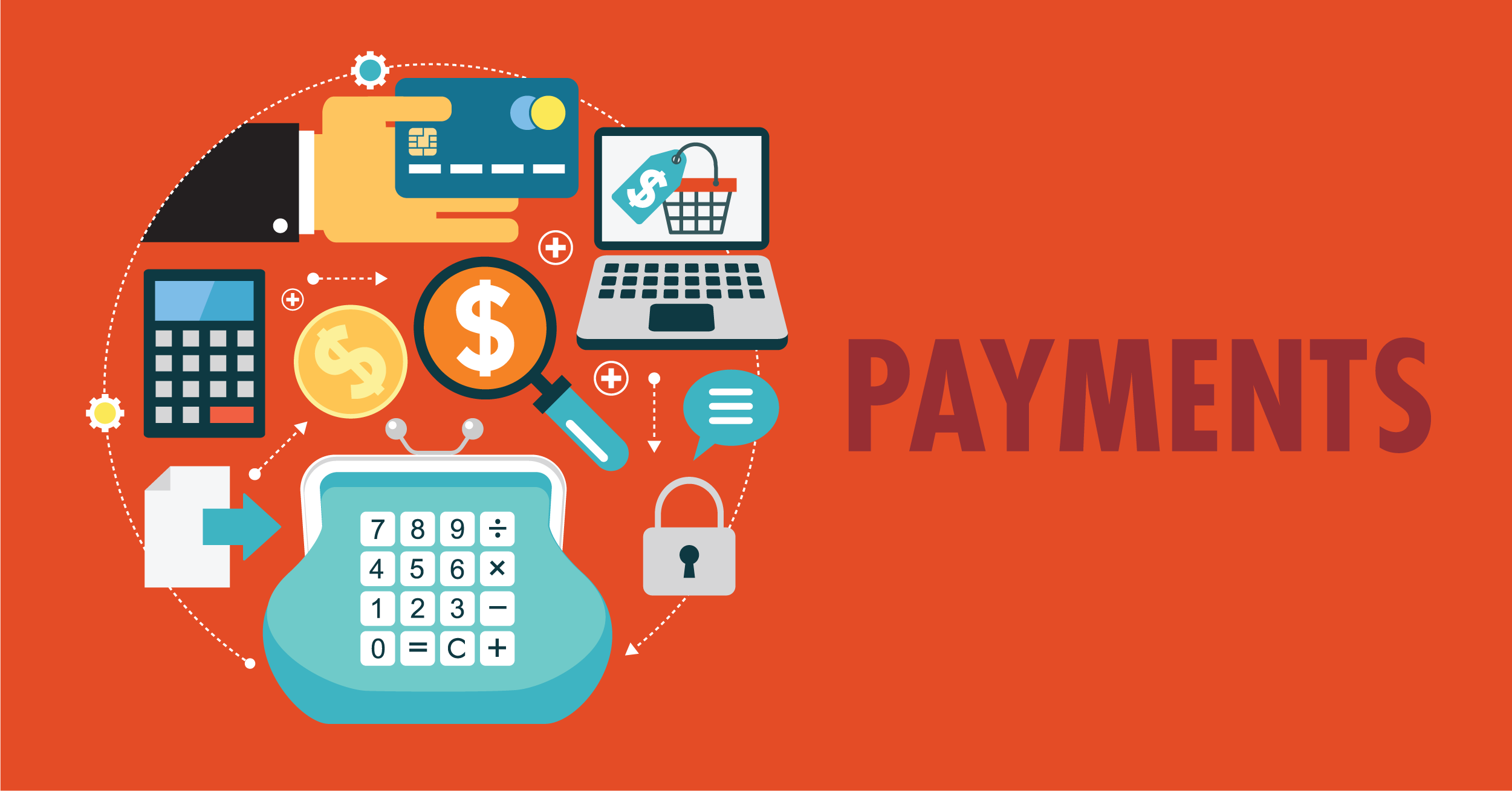Understanding Difficult Customers and Payment Situations
As a small business owner, dealing with late or non-paying customers is an unfortunately common challenge. While collecting money can be frustrating, maintaining a professional and polite demeanor is important for preserving business relationships. Some customers may get annoyed when asked to fulfill their financial obligations, but it’s crucial not to take issues personally. Explaining payment policies respectfully and raising late fees as needed can help encourage timely payments going forward. For truly difficult cases, evaluating whether a customer is worth the ongoing hassle should also be considered.

Communicating Clear Expectations and Payment Policies
Establishing clear expectations and policies upfront can help reduce payment problems down the road. New customers should fully understand when invoices are sent, due dates, accepted payment methods, and any late fees. It’s also a good idea to promptly address any issues like bounced checks right away through civil discussion. While flexibility may be needed occasionally for loyal customers, being consistent and not making exceptions frequently prevents entitled clients from taking advantage. Providing convenient automatic payment options through apps or online billing can also streamline the process for customers and the business alike.
Handling Excuses Gracefully and Following Through
No business owner has time to act as a personal reminder service. While certain emergency circumstances may warrant empathy, unrelenting excuses for late payments should not be tolerated. When one client claimed multiple family deaths abroad as the reason for constant delays, it was an obvious sign they had no real intention of changing their ways. In these cases, politely insisting on adherence to agreed upon terms like increased late penalties is fair. Backing down sets a poor precedent. At the same time, staying positive and Solutions-focused during discussions leaves the door open for maintaining the relationship if an agreement can be reached.
Prioritizing Top Customers and Optimizing Sales
Although collecting what’s owed is important, the ideal focus for small businesses should be attracting valuable new clients and deepening engagement with existing ones. Understanding target customers’ motivations, pain points and desires through market research allows crafting persuasive marketing messages around customer acquisition and retention. Ads can be viewed as sales tools constantly prospecting for high potential customers most likely to spend freely and refer others. Special deals or incentives targeting prime segments like professional companies minimize waste compared to broad branding efforts yielding few concrete results.
Leveraging Digital Platforms for Marketing and Outreach
Modern customer relationship management (CRM) tools make it effortless to organize contacts, send automated email campaigns, and track interactions. This provides a platform for delivering personalized and timely offers to your most profitable customer profiles. Social media profiles promote an accessible brand image while facilitating direct messaging. Careers pages and industry association websites expand visibility among active job boards and networking forums. Company blogs and video tutorials cultivate authority by addressing topics relevant to your target niche pain points and interests. Measuring engagement and conversion metrics helps refine strategies over time.
Integrating Positive Reviews and Testimonials
Nothing sells a business better than social proof through verified reviews and customer testimonials integrated prominently on your website and ads. Requesting feedback via email after satisfactory jobs lets customers feel appreciated while providing material to showcase. Highlighting a sampling of glowing reviews on your profile boosts credibility in people’s first impressions. Social platforms allow customers to directly post their own positive stories. When combined with transparent better business bureau accreditation and security badges, these third party endorsements establish trust that smoothing the buying process.
Adopting Customer-focused Growth Mindset
Rather than viewing customers solely as a source of income, the most successful small companies understand their role is to truly solve problems and exceed expectations. A mindset shift from transactional to committed relationship building rewards both parties. Continually asking how value can be improved fosters loyalty less dependent on initial price alone. Team motivation also increases knowing clients feel heard and taken care of long term. Though demanding at first, changing perspectives in this way ultimately leads to less headaches over money issues and more rapid, sustainable expansion through referrals

 Getting Around Metro Manila on a Budget
Getting Around Metro Manila on a Budget